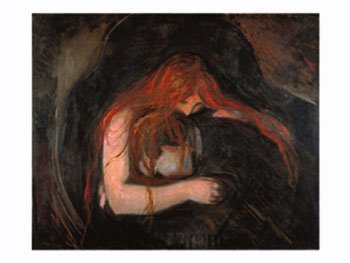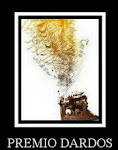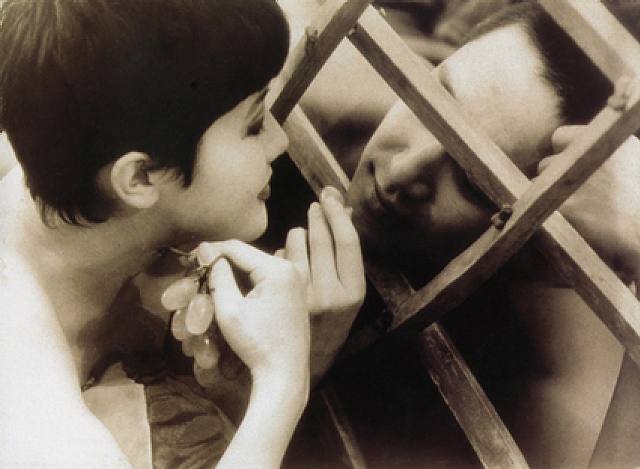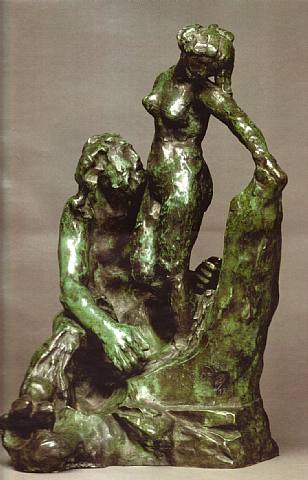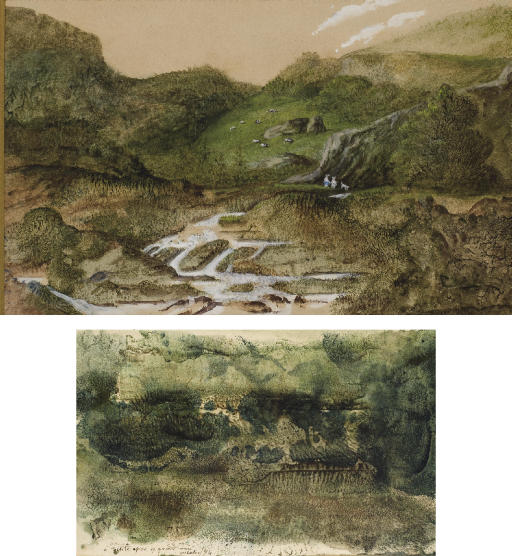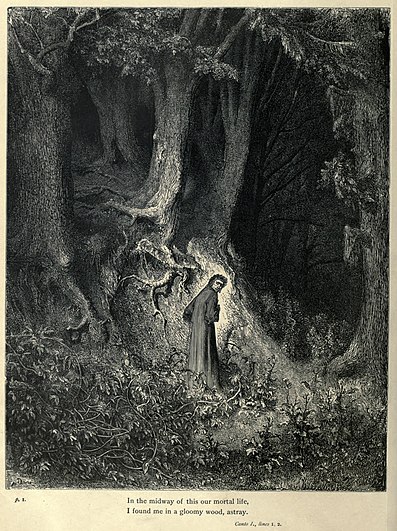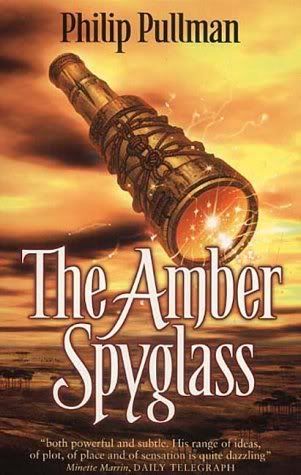
não deixa de ser interessante constatar que, num mundo dominado pelas aventuras de harry potter e por milionésimas versões d'O Senhor dos Anéis, se façam obras tão singulares e tão inteligentes como a trilogia de philip pullman his dark materials. tal como já foi dito antes (ver aqui), esta obra é uma das mais espectaculares e controversas da moderna literatura fantástica e não deve muito a tolkien. de facto, o que o autor pretende é criar uma espécie de realismo mágico, ou, para estarmos de acordo com as palavras de pullman, realismo puro e duro.
"I have said that His Dark Materials is not fantasy but stark realism, and my reason for this is to emphasise what I think is an important aspect of the story, namely the fact that it is realistic, in psychological terms. I deal with matters that might normally be encountered in works of realism, such as adolescence, sexuality, and so on; and they are the main subject matter of the story – the fantasy (which, of course, is there: no-one but a fool would think I meant there is no fantasy in the books at all) is there to support and embody them, not for its own sake.
Dæmons, for example, might otherwise be only a meaningless decoration, adding nothing to the story: but I use them to embody and picture some truths about human personality which I couldn't picture so easily without them. I'm trying to write a book about what it means to be human, to grow up, to suffer and learn. My quarrel with much (not all) fantasy is it has this marvelous toolbox and does nothing with it except construct shoot-em-up games. Why shouldn't a work of fantasy be as truthful and profound about becoming an adult human being as the work of George Eliot or Jane Austen?"
(retirado daqui)
e é justamente neste ponto (assim como em outros) que o autor difere da maior parte da literatura fantástica contemporânea: a importância dada às personagens, ao seu crescimento, à sua história, à sua evolução. a importância do daimon, retirada do imaginário greco-latino, é aqui fundamental: o daimon simboliza o nosso demónio / espírito interior, aquilo em que acreditamos, a nossa identidade, a nossa força, mas também as nossas fraquezas. foi muito interessante descobrir que, apesar de, no mundo de lyra, os génios / daimons estarem visíveis para toda a gente, no nosso próprio mundo, eles também existem, mas precisamos de os procurar. em civilizações tão antigas como a africana, os homens primitivos marcavam nas madeiras os animais de poder, ainda hoje visíveis nos totéms. num sistema de desenvolvimento pessoal como a biodança, dança-se os animais da natureza: o hipopótamo, que simboliza o nosso lado bonacheirão e de prazer de viver; a garça, que simboliza a liberdade, o tigre o nosso lado mais vital e a cobra, que simboliza o nosso lado mais sensual e rastejante. no fundo, temos dentro de nós milhares e milhares de animais.
outro aspecto muito interessante do livro, especialmente neste último the amber spyglass e que me deixou maravilhado foi a ida ao reino dos mortos: não me lembro de nenhum romance fantástico que tenha evocado de maneira tão inteligente o imaginário da grécia: o hades, o rio aqueronte, a barca de caronte, as harpias. e, claro, a crítica ao imaginário cristão simbolizado pela morte do criador, pelo retorno de lúcifer ao reino da Autoridade, aqui simbolizado por Lorde Asriel.
um livro maravilhoso.
jorge vicente

